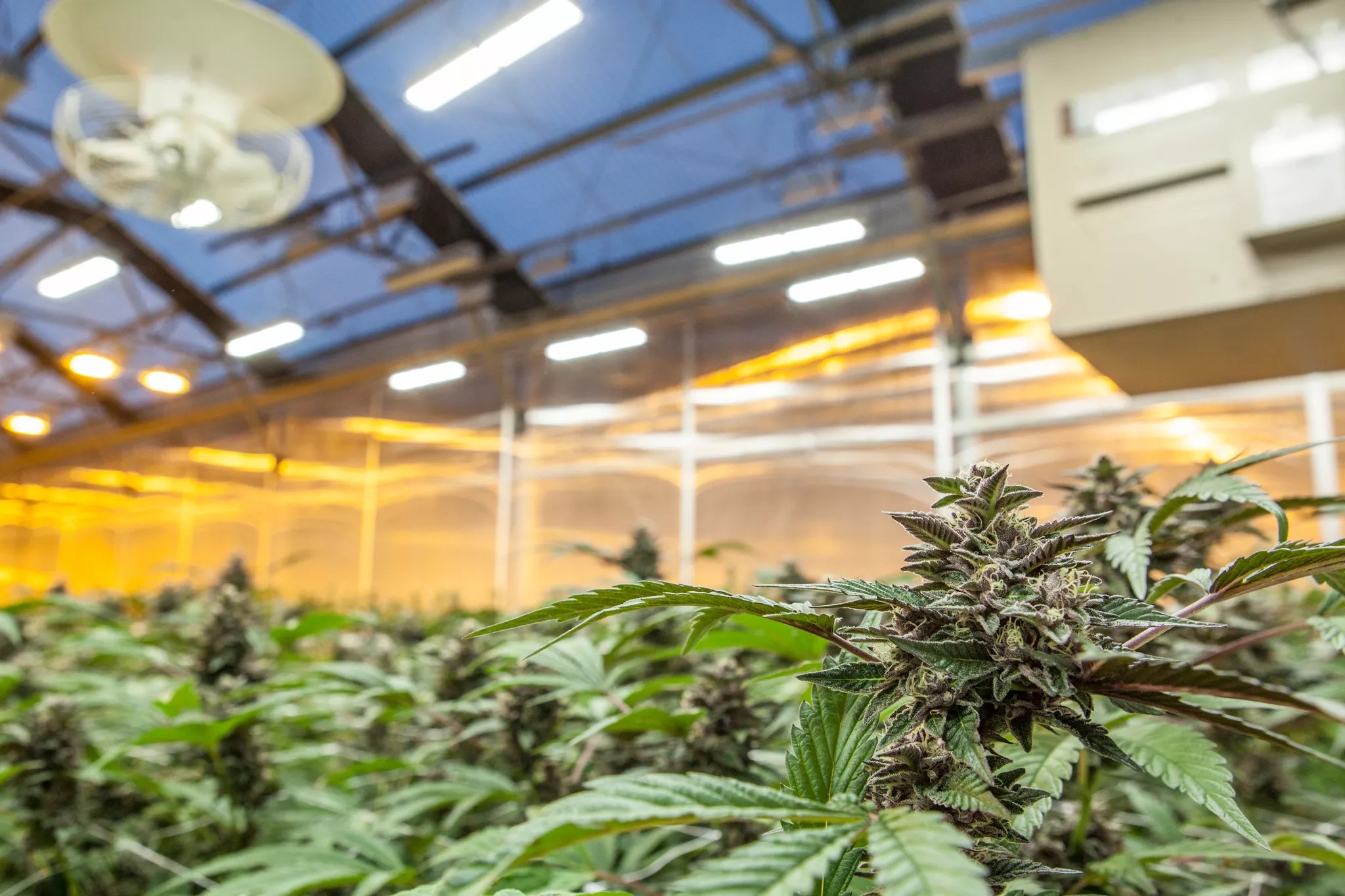
Jacqueline Collins

Audio By Carbonatix
Colorado marijuana regulators are reassessing taxes on wholesale marijuana transactions as the likelihood of federal legalization increases.
Bills proposing federal marijuana legalization are still far away from passing Congress, but both Colorado’s marijuana industry and state officials believe it’s more of a matter of when, not if. Federal legalization measures could include excise taxes on recreational marijuana production or wholesale transactions as high as 25 percent, but Colorado currently imposes a 15 percent excise tax on the same thing. As one of six states allowing retail marijuana to already have an excise tax on wholesale transactions, this could put Colorado growers at a disadvantage, according to marijuana business owners.
House Bill 1301, a successful 2021 bill that loosens outdoor growing laws for commercial marijuana, included language that required the Colorado Marijuana Enforcement Division to examine existing rules and tax laws for recreational marijuana’s wholesale cultivation market in an effort to be competitive if marijuana is legal under federal law.
“You don’t want cultivations fleeing Colorado for more tax-favorable states,” Paul Julian, an attorney for dispensary chain NuVue Pharma, warned a MED committee during an October 18 meeting.
Vertically integrated marijuana companies that produce and sell marijuana could move their production elsewhere if wholesale taxes are too high compared to Oregon, California or another state newer to retail marijuana, Julian added.
Per the requirements of HB 1301, the MED created a committee that will draft a report of recommendations relating to Colorado’s tax rate on wholesale marijuana transactions. The majority of committee members representing the pot industry want to reduce or cut out the 15 percent excise tax, but that’s not a small chunk of change for the state. According to the Colorado Department of Revenue, the 15 percent excise tax on recreational marijuana was responsible for nearly $101.5 million in 2020.
If wholesale taxes are cut, the Colorado Legislature could replace that revenue with higher sales taxes, according to Bia Campbell, an associate at consulting firm VS Strategies, a branch of marijuana law firm Vicente Sederberg.
“We don’t want to put the state in a position where they’re not going to be receiving this [funding],” Campbell said during the October 18 meeting. “To me, the answer to that is through sales taxes. If we get rid of the wholesale excises taxes and we move the revenue into the sales taxes, we’re going to be solving a lot of the problems that other folks on this call have already brought up. And that would be a change the Colorado Legislature could make in 2023.”
Interstate commerce could also be on the horizon if federal legalization occurs, and having competitive tax and production rules in place would further protect Colorado marijuana businesses, according to Marijuana Industry Group Executive Director Truman Bradley. Production limits and a retooling of state rules would be a way to further protect Colorado growers, he said.
“There are companies and industries standing by [for federal legalization], and we like to think we’re a big industry, but we’re not. We need to talk about a really deliberate rollout when it comes to interstate commerce,” Bradley said during the MED meeting. “Some people think, ‘Federal legalization? Boom. Game on.’ But I have concerns about what that does to our in-state cultivators. Obviously, there is going to be a federal tax.”
Oregon’s legislature passed a law in 2019 authorizing the state’s governor to enter into agreements with other states for interstate marijuana commerce. Ean Seeb, Governor Jared Polis’s marijuana policy advisor, told the MED committee there have been conversations about an interstate marijuana commerce bill in Colorado, and one could come in future legislative sessions.
Although Colorado has a strong lead in marijuana production and retail sales compared to the majority of the country, national legalization and interstate commerce could eventually hurt Colorado’s big-fish status, argued Shannon Fender, public affairs director for dispensary chain Native Roots.
“I don’t think it’s a foregone conclusion that interstate commerce makes Colorado more competitive,” she said, “and I think that’s something this work group needs to look into.”